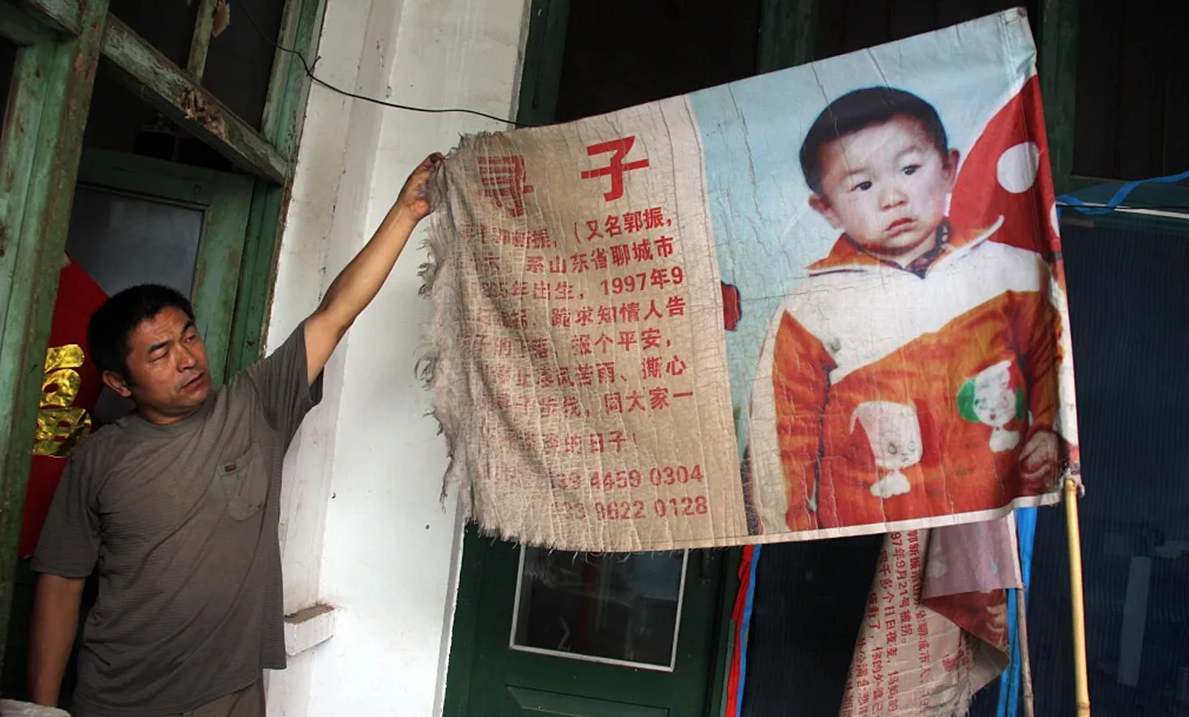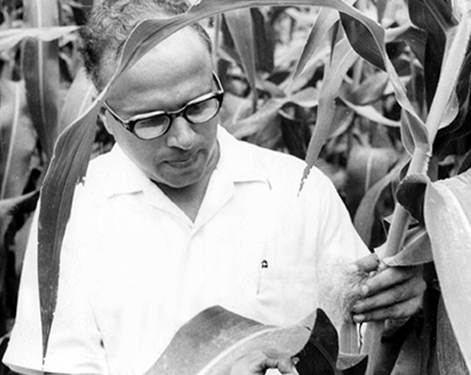In India, we continuously advocate for implementing the one-child policy like in China. But can democratic India impose strictness like China on its people? The answer is probably not.
Everyone knows that due to China’s one-child policy, the average age of elderly people in China is higher today. This is a terrible future crisis for any country, but more than this, this policy has many social consequences.
In China, the “one family, one child” policy was implemented throughout the country in the 1980s. There is a huge shortage of children in China due to the one-child policy. Some people who were childless, or those women or families where the woman could not get pregnant, felt a strong desire to have a child. This desire transformed into demand and supply among people. This encouraged the theft of children.
People started thinking, What should they do? In this case, some people decided that injustice was being done to them. This injustice can be corrected by stealing the child. This created a market where anyone could order a baby. What gender do you want—boy or girl, approximately what age? And it’s better to come from a family that doesn’t drink, has healthy parents, so you can be strong, etc.. And it grew to such an extent that many organized child theft groups were formed that started acting like a mafia.

Children were kidnapped; in this case, the boys were more valuable; they were sold for 15 thousand dollars. Girls were also bought, but many older girls were sold into underground brothels. Human trafficking was encouraged, making leashes, harnesses, and even handcuffs for children more popular in China than in other countries!



They are tied to the parent’s hand by a harness. All so that in a close crowd or while crossing the street, they are not immediately grabbed and pushed into the back of a truck without a licence plate.
The theft plan was working perfectly. China has more cameras per capita than any other country in the world. Videos of the snatching of children in broad daylight from these public rooms started appearing on the internet, which are still prevalent even today.
Arrangements were made in schools to prevent child theft. But it was extremely difficult to find the stolen child. Often, it would be discovered much later that many of their children had been stolen, and the resold children had already grown up in new families. And he was loved there too.
A generation of stolen children has grown up in China
Some people don’t even realise that they were stolen from as children. Childhood memories usually become blurry; memories take the place of facts. DNA testing was not very common back then, so it is difficult to prove that your parents are not yours.


And now that DNA has become available, a wave of adult children has begun in China. Many mothers did not give up, and after 20 years of searching, they took part in TV shows to publicise the problem and created the volunteer organisation “Find It.” And now, twenty to thirty years later, young people, mostly boys, find a second family—their biological parents.


But is it possible to stop loving the “fake” people who raised him? But during this time, there has been a lot of injustice since childhood.
Cool ! Wrinkles story: Because 14 Facial Wrinkles Tell your story ?
Facial wrinkles tell you Wrinkles do not only appear as a sign of age. It…
Alerts before a long trip, 5 emergency situations for long viator
Many people travel by themselves by car or any other vehicle. Before a long-trip journey…
How India reached at 75 years after independence
It has been 75 years since India’s independence, and in the 75 years after this…
Why are printed circuit board (PCBs) mostly green?
When you hear the words “printed circuit board (PCBs),” what comes to mind? Someone will confuse…
Wow, Marvel’s Spider-Man 2 breaks records with unprecedented sales !
Marvel’s Spider-Man 2 made quite a splash upon its release, selling an impressive 2.5 million…
Chai-mazing! Unveiling the Secrets Behind Why Indians Love Tea So Much!
It’s no joke how much tea Indians love! History, culture, and society have all combined…







